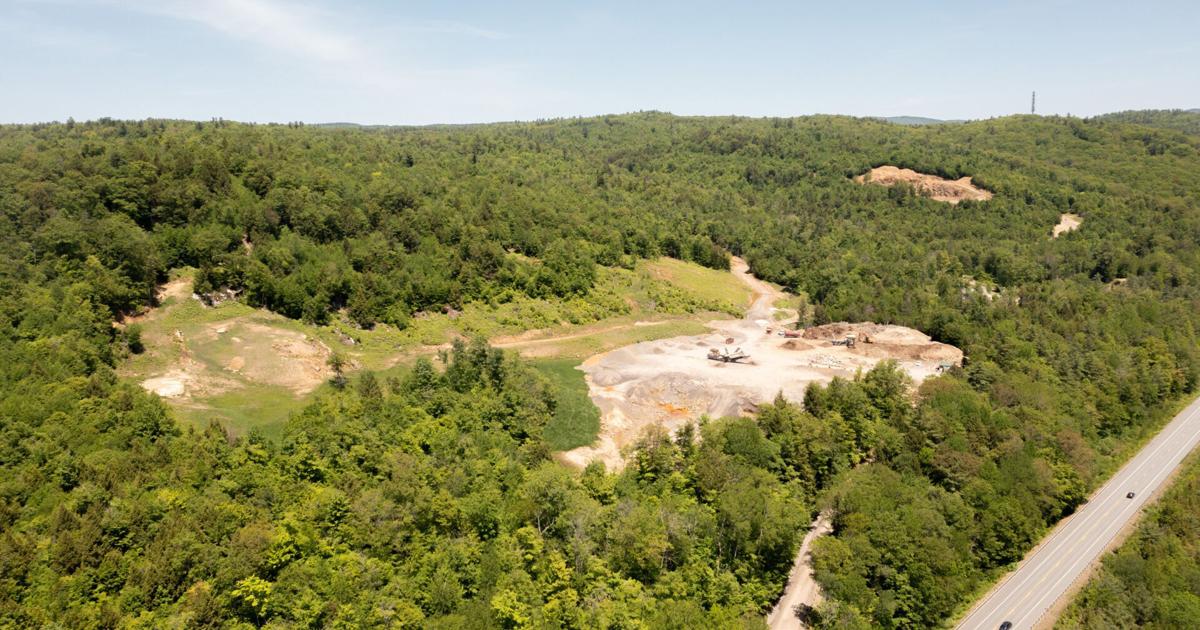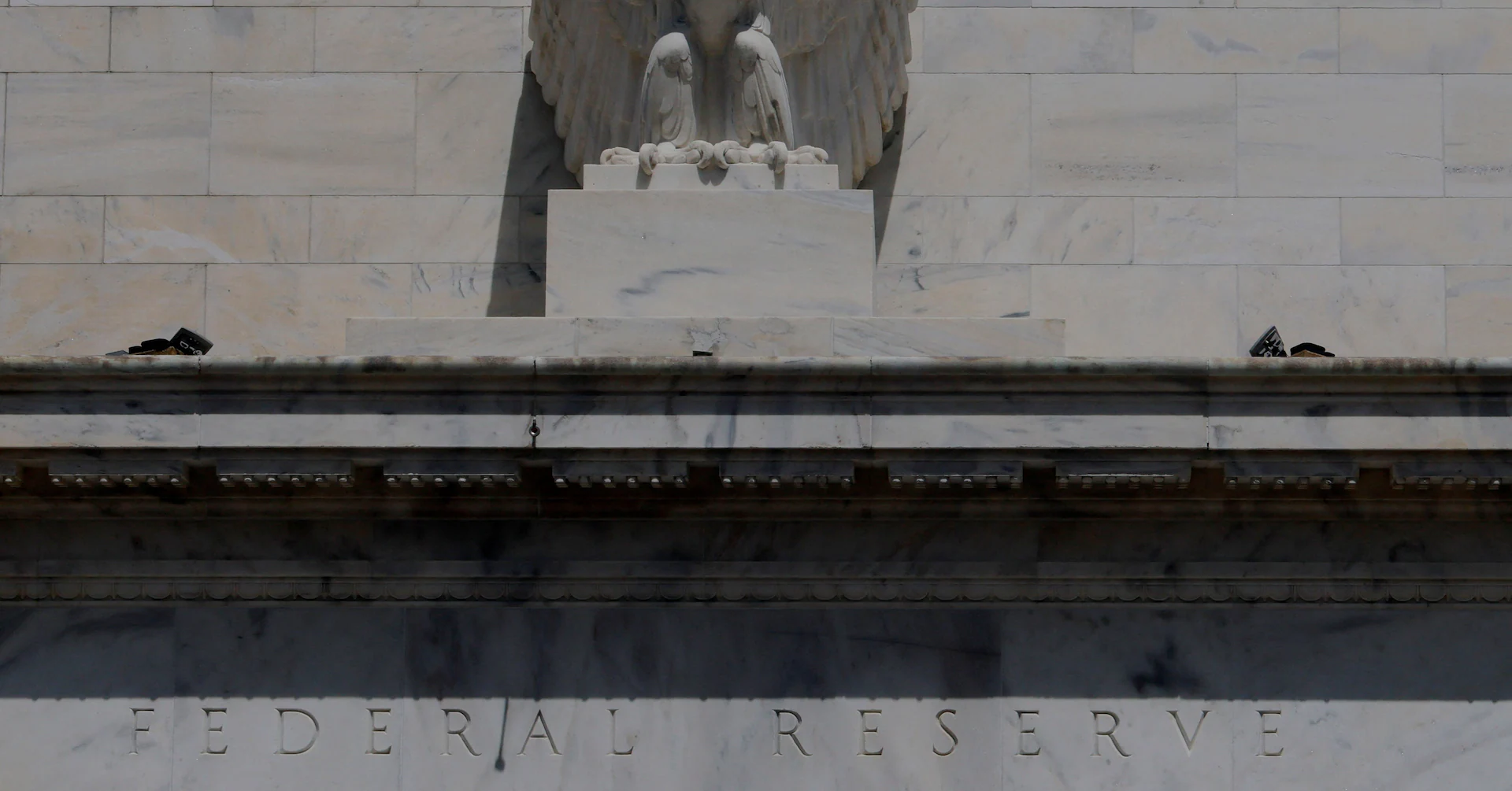By Abigail Ham
Copyright keenesentinel

A Sullivan resident has filed a motion asking the Keene Planning Board to rehear a proposal from a local gravel company to expand its operations in the city, according to a board agenda published Thursday.
Jim Manley, who has been an outspoken opponent of the project since it first came before the board late last year, filed the motion last week. The board is set to address it at a special meeting Friday evening at 6.
Manley alleges the board violated state law and the city’s Land Development Code in approving G2 Holdings’ application.
In a response, an attorney for the Jaffrey company questioned whether Manley has standing to ask for a rehearing and denied his claims.
The process
Senior Planner Mari Brunner said state law allows any interested person to appeal for a rehearing. According to Brunner, Manley is a direct abutter.
Friday’s meeting at Keene City Hall won’t include a public comment period, Brunner said. The board will go through the written request and determine whether the items raised apply and contain new information members didn’t already consider.
If the board decides to have a rehearing, it would be narrowly focused on the items raised and would be scheduled within the next month.
Points of contention
In the motion filed with the board, Manley, through attorneys, argued RSA 155-E:4 prohibits the planning board from approving any excavation permit that violates statutory conditions.
Manley claims the board heard “uncontroverted evidence” demonstrating that G2’s proposal would violate RSA 155-E:4, IV and V. Those parts of the law address impact of excavation on the public welfare, as well as visual barriers.
The company’s attorney wrote that because G2 Holdings doesn’t plan to remove existing visual barriers, it wouldn’t be in violation of that law.
The excavation would leave behind several cliffs of 40-60 feet, according to past testimony before the board. The company wrote that ledge face is not an “unusual or unnatural sight” in the state and isn’t inherently less preferable to forested hills.
The attorney, Ariane Ice, also disputed Manley’s claims that the project could cause dust or noise disturbances or lead to a decrease in property values in the area.
The company submitted written testimony, including the opinion of a local real estate agent, supporting its stance and maintained that reports of issues from people who live near the company’s other pit in Gilsum aren’t relevant.
Manley also alleged the board violated its own regulations by not requiring a new traffic study for the project. The company submitted one to the city before operations began in 2022.
The multi-stage plan would see the gravel pit operations expand up Nims Hill in Keene and into Sullivan over the next 13 years. As each stage is completed, parts would be reclaimed with soil. The Sullivan Zoning Board is set to decide on the Sullivan portion of the project next month.
G2’s application in Keene stated there would be no increase from the current number of trips in and out of the site as the project expands, but representatives of the company told the Sullivan Zoning Board in April that there would be an increase in truckloads.
In her response, Ice wrote that the discrepancy is due to differences of measuring trips versus truckloads.
Keene’s Land Development Code prohibits the city’s planning board from approving excavation permits for projects that would “present a potential hazard to human health, safety and welfare, or to the environment.”
The proposed project’s visual impact on the landscape and reports of noise and dust from its current operations in both Keene and Gilsum suggest it would violate that condition, Manley argued.
Finally, Manley claimed G2 Holdings inaccurately told the planning board it couldn’t measure the seasonal high water line of the water table at the site until spring. The application was filed prior to spring 2025, Manley wrote, meaning the company could have taken the measurement but either did not do so or failed to provide the measure to the board.
According to Ice, that timeline was the result of the company’s work with a third-party reviewer who came on board later.
“Throughout the process, G2 reaffirmed its commitment to refrain from excavating lower than six feet above the seasonal high water table,” Ice wrote.



